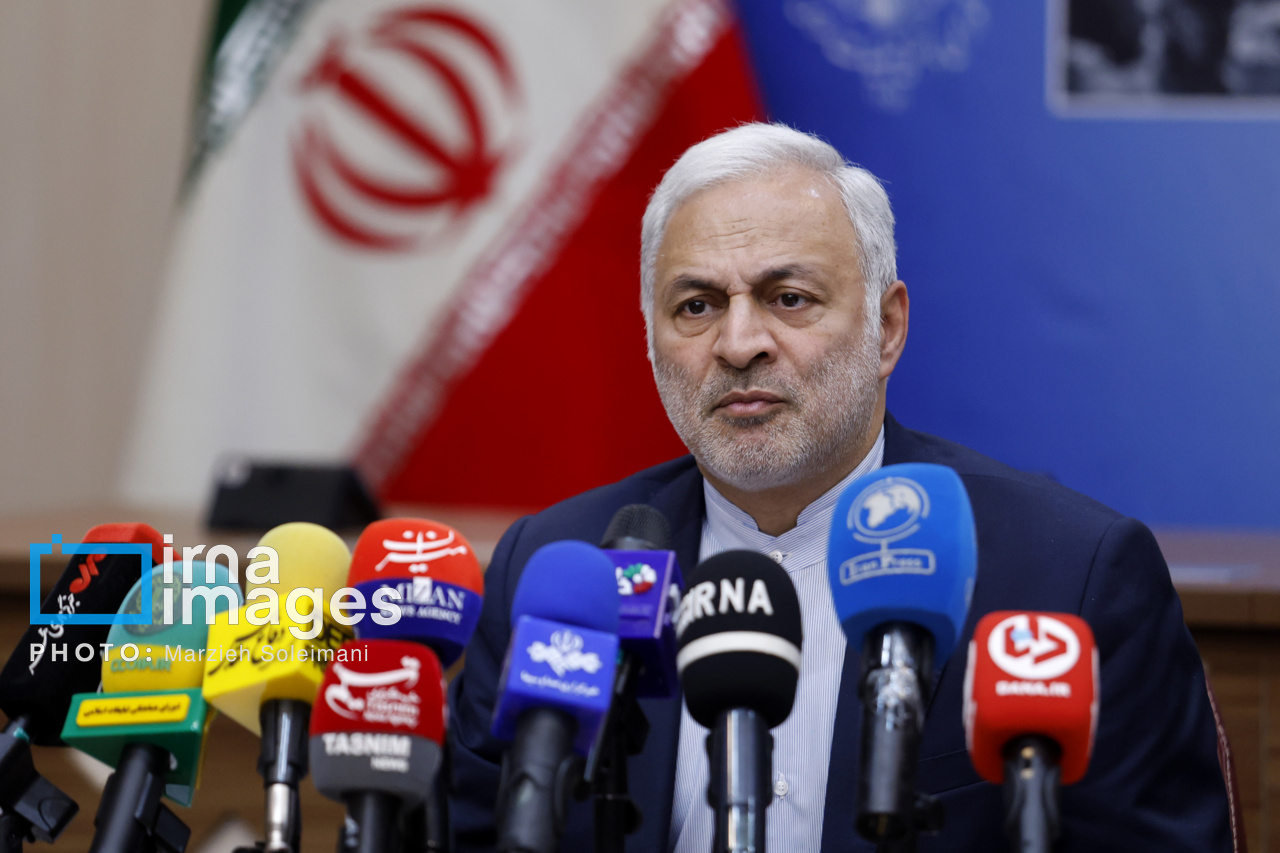
Similar Posts
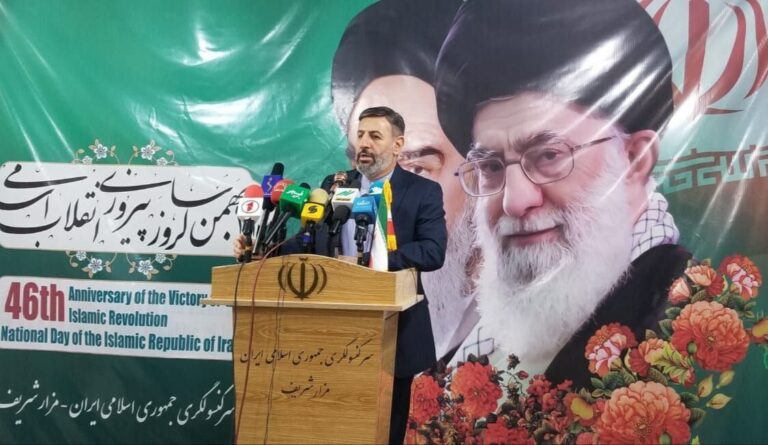
Boosting Engagement: Officials Prioritize Maximum Interaction with Afghanistan
Alireza Ahmadi, Consul General of Iran in Mazar-e-Sharif, emphasized Iran’s commitment to maximizing interaction with Afghanistan, aligning with Ayatollah Khamenei’s directives. During a press briefing for the 46th anniversary of the Islamic Revolution, he highlighted key aspects of Iran’s foreign policy, including a focus on regional self-sufficiency in addressing issues and a pledge to support initiatives that promote peace and stability. Ahmadi’s statements underscore Iran’s efforts to strengthen regional relationships and collaboratively tackle common challenges, reinforcing its strategic approach towards Afghanistan.
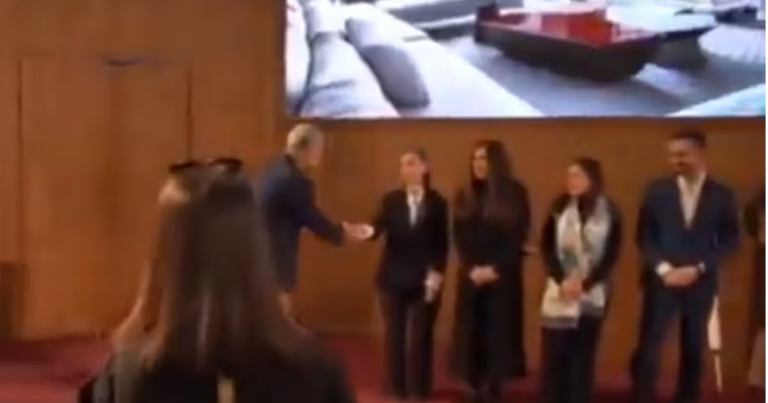
Iranian Authorities Stifle Architecture Awards Amid Hijab Controversy
Iranian authorities have launched legal actions against the organizers, hosts, and attendees of the Iranian Architecture and Interior Design Award ceremony due to women appearing without mandatory hijabs. The event, held on January 20, attracted over 500 participants. Following the ceremony, videos circulated showing women without headscarves, prompting the head of Iran’s Public Security Police to announce “swift and decisive action” against those involved. This incident highlights ongoing tensions over hijab enforcement in Iran, with authorities increasing monitoring and legal measures. The situation reflects broader societal debates on women’s rights and government regulations amid international criticism.
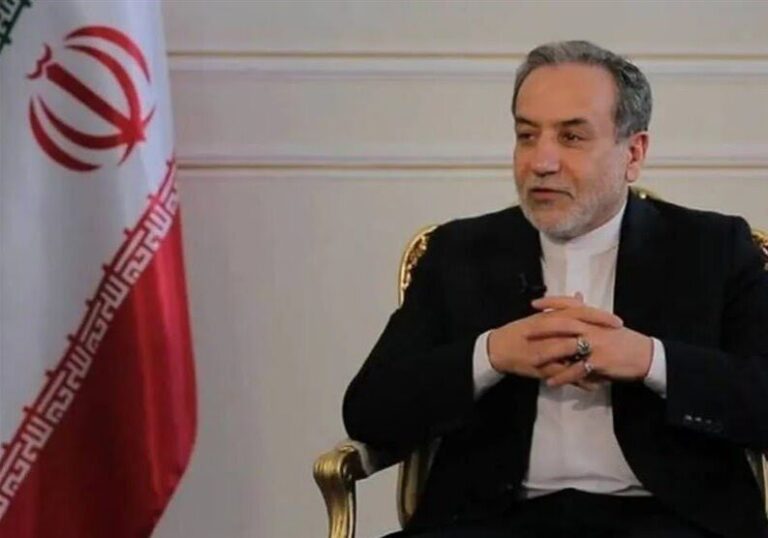
Unlocking Iran’s Frozen Assets: A Key Move to Build Trust with Tehran, Says FM Araghchi
Iranian Foreign Minister Seyyed Abbas Araghchi has stated that unfreezing Iran’s blocked funds is crucial for the U.S. to build trust with Tehran amidst ongoing complexities in U.S.-Iran relations. In an interview with Al Jazeera Arabic, he acknowledged the deep-seated mistrust rooted in a history of hostilities, including the U.S. withdrawal from the nuclear agreement and the assassination of General Soleimani. Araghchi criticized the Biden administration’s hostile approach, claiming that previous U.S. administrations exacerbated tensions with severe sanctions. He emphasized that overcoming this mistrust will require more than just dialogue, highlighting the need for tangible actions.
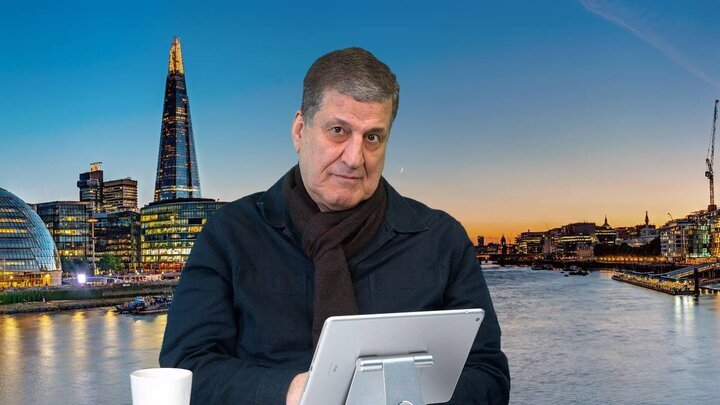
Unveiling the Future: Iran-US Nuclear Negotiations Set to Transform Global Relations
As tensions escalate in the Middle East, nuclear negotiations between Iran and the U.S. have gained attention from the Persian Gulf Cooperation Council (PGCC), particularly Saudi Arabia and Iraq. These talks are crucial for regional stability and economic interests. PGCC nations have unified in their support for dialogue, seeking security guarantees and avoiding conflict. Saudi Arabia’s recent diplomatic engagement with Iran, including a significant visit from its Defense Minister, reflects its commitment to de-escalation. Iraq plays a key role in facilitating discussions. However, challenges remain, including divisions within the U.S. and potential Israeli military actions, complicating the negotiations’ future.
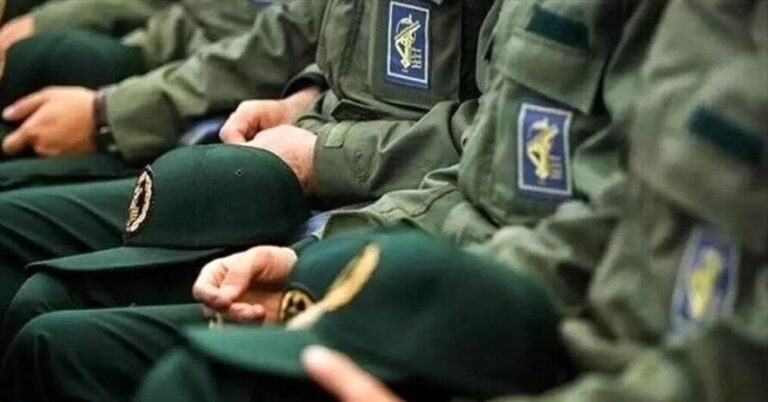
Foreign Ministry Strongly Condemns Paraguay’s Actions Against the IRGC
The Director General for America at Iran’s Ministry of Foreign Affairs, Issa Kameli, condemned Paraguay’s actions against the Islamic Revolution Guard Corps (IRGC), labeling them as illegal and unjustifiable violations of international law. He expressed disappointment over Paraguay’s alignment with what he described as the genocidal Israeli regime and asserted that the Paraguayan government holds international responsibility for its actions. Kameli characterized Paraguay’s maneuvers as a dangerous heresy influenced by Israel, aimed at distracting from the ongoing genocide in Gaza. He further suggested that Paraguayan policymakers are complicit with those facing prosecution by the International Criminal Court.
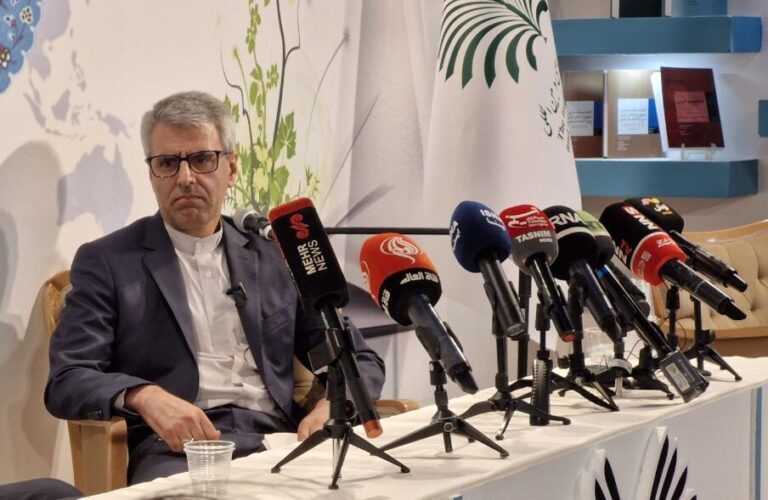
Baqaei: Stopping Iran’s Nuclear Program is Not a Key Focus in Negotiation Talks
Iran’s nuclear program remains a focal point in ongoing negotiations, as emphasized by Foreign Ministry spokesperson Esmaeil Baqaei, who stated that halting the program is not on the table. Iran aims to preserve its nuclear advancements and lift what it views as unjust sanctions. Recent talks in Muscat involved Iranian negotiators, led by Foreign Minister Abbas Araqchi, and a U.S. delegation headed by Special Envoy Steve Witkoff. Both sides reported productive discussions centered on Iran’s nuclear ambitions, the lifting of sanctions, and the potential for a new agreement to replace the 2015 deal abandoned by the U.S. under President Trump.